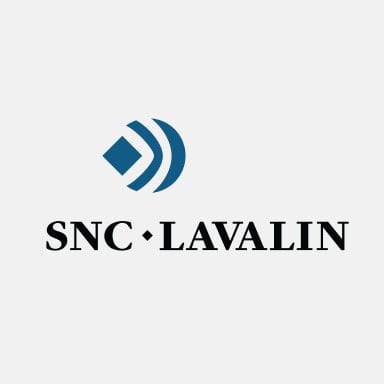
By John Stang and Wayne Barber
While it faces a potential 10-year ban on contracts with the Canadian government, SNC-Lavalin’s legal woes north of the border do not appear to automatically translate to similar troubles in the United States.
The Montreal-based…